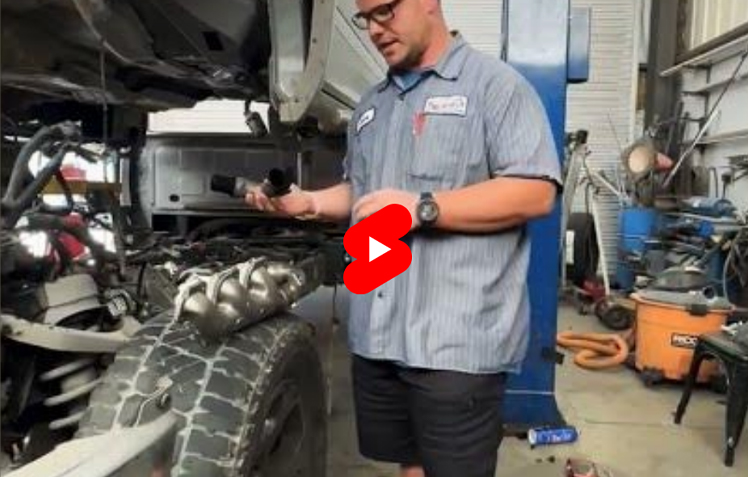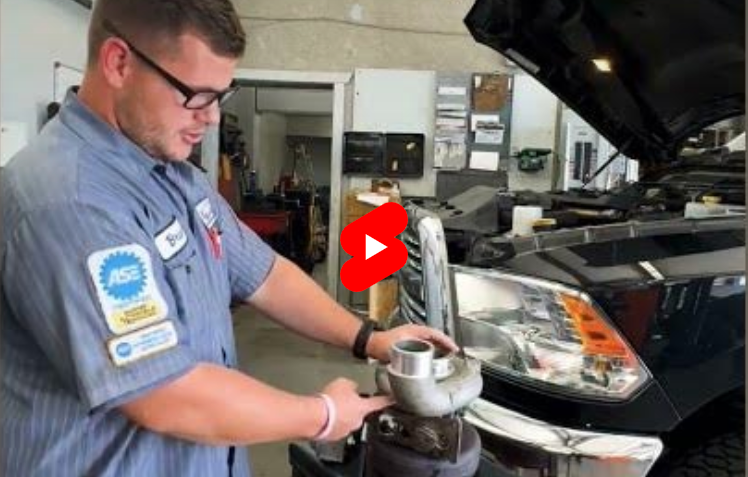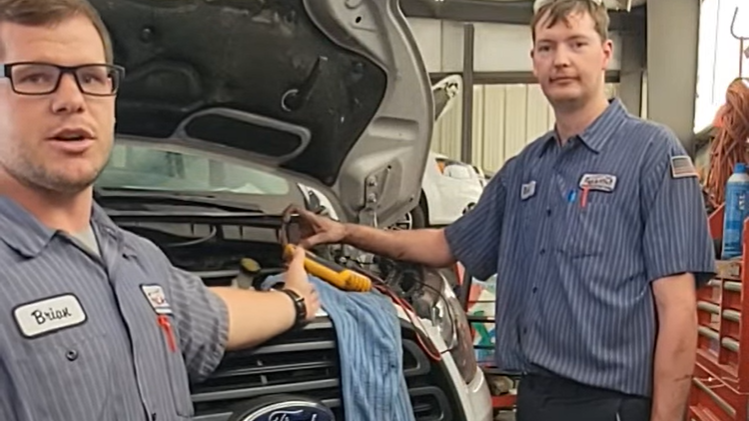Posted on 10/30/2024

The 3.0L EcoDiesel engine, found in various vehicles like the RAM 1500 and Jeep Grand Cherokee, has been known to experience several common issues: Oil Leakage: Some owners report oil leaks, particularly around the oil pan or valve covers. Exhaust System Problems: Issues with the exhaust gas recirculation (EGR) system can arise, leading to performance problems and potential check engine lights. Turbocharger Failures: Turbocharger issues can occur, often related to wear and tear or oil supply problems. Fuel System Concerns: Problems with the fuel injectors or fuel pumps have been noted, leading to rough idling or starting issues. Cooling System Failures: Some users have reported problems with the water pump or thermostat, which can lead to overheating. DPF Regeneration Issues: The diesel particulate filter (DPF) can sometimes have issues with regeneration, causing increased exhaus ... read more
Posted on 10/24/2024

Loss of Power: Noticeable decrease in engine performance and acceleration. Excessive Exhaust Smoke: Blue or black smoke from the exhaust may indicate oil or fuel issues. Whining or Grinding Noises: Unusual sounds coming from the turbocharger, indicating wear or damage. Check Engine Light: Activation of the check engine light, often linked to turbo-related issues. Oil Leaks: Oil around the turbo area can suggest seal failure. Poor Fuel Economy: Decreased efficiency due to turbo malfunction
Posted on 9/11/2024

A clogged fuel pressure regulator in a diesel truck can indeed cause it to die on the road, and here's how that happens: Fuel Flow Disruption: The fuel pressure regulator's job is to maintain the correct fuel pressure in the fuel system. If it becomes clogged, it can disrupt the flow of fuel. In a diesel engine, fuel is critical for maintaining the correct air-fuel mixture for combustion. When the regulator is clogged, it can either cause too much or too little fuel to reach the engine. Inconsistent Fuel Pressure: A clogged regulator can lead to fluctuating fuel pressure. Diesel engines rely on a steady fuel pressure to operate smoothly. If the pressure is inconsistent, the engine might not get the right amount of fuel at the right time, which can cause it to run poorly or stall. Engine Stalling: If the regulator is clogged to the point where it severely restricts fuel flow, the engine might not get enough fuel to sustain op ... read more
Posted on 8/9/2024

Glow plugs are components used in diesel engines to aid in starting the engine. They heat up the air in the combustion chamber, making it easier for the engine to ignite the diesel fuel, especially in cold weather. When a diesel engine starts, the glow plugs heat up to a high temperature, creating a hot spot that assists in the combustion process. Once the engine is running and reaches operating temperature, the glow plugs are no longer needed and typically turn off. They are crucial for ensuring smooth starts and efficient operation in cold conditions